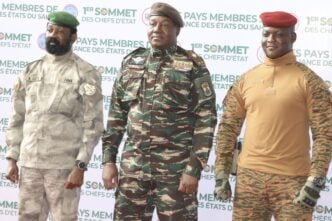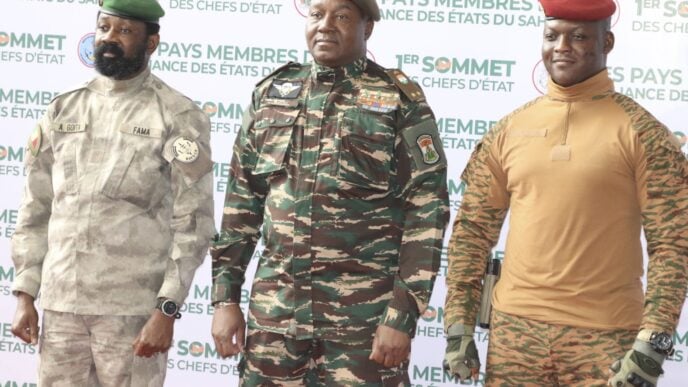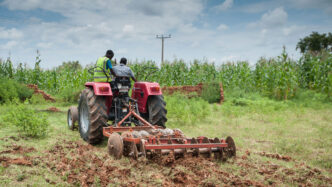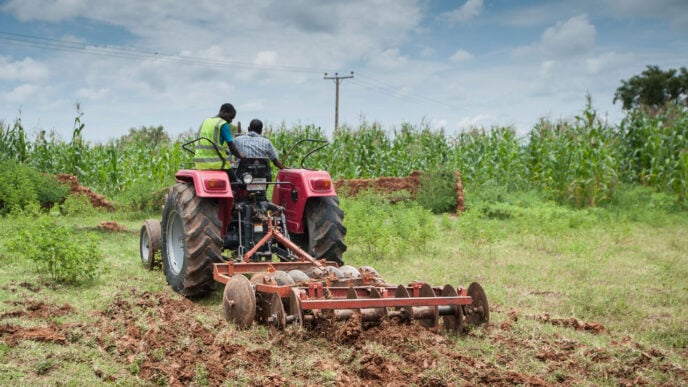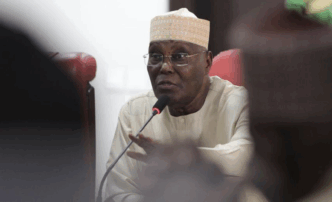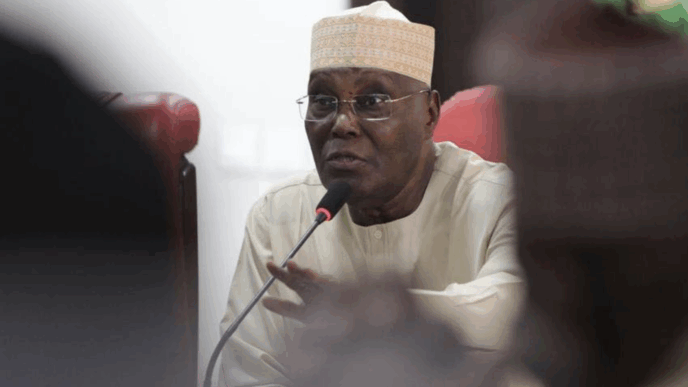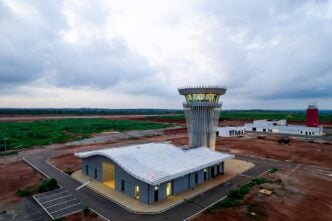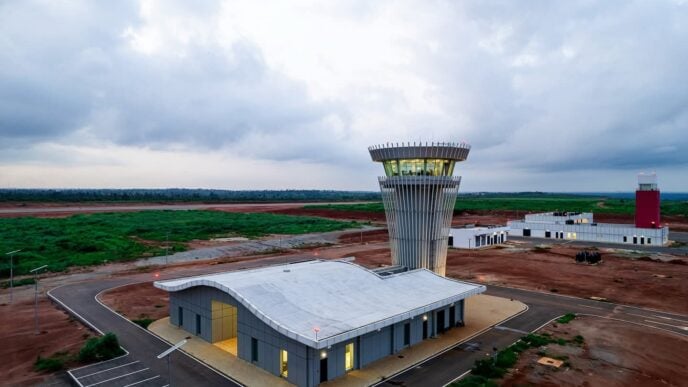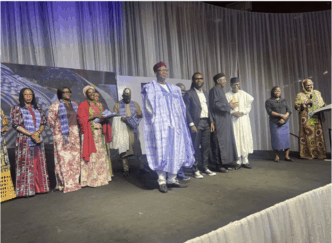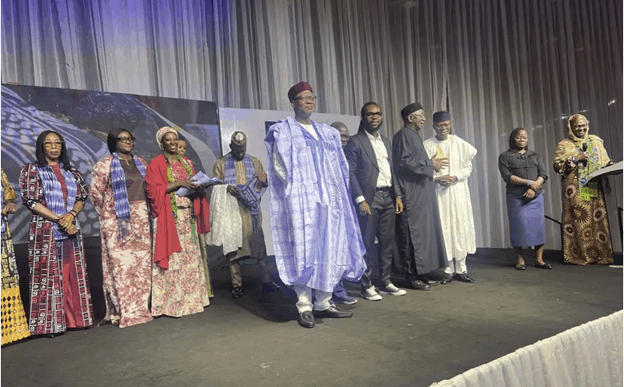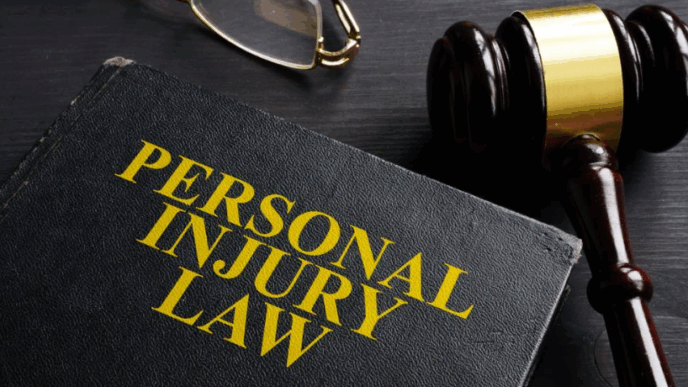File photo: An illustration of gunmen
BY LEKAN OLAYIWOLA
Since 2020, when the Joe Biden administration took Nigeria off the Country of Particular Concern (CPC) list, Nigeria has once again become the subject of intense international scrutiny. Advocacy groups, global church networks, and foreign policy actors in Washington have amplified one message: that Christians in northern Nigeria are under systematic attack.
The horror of village raids, church burnings, abductions, and killings is cited as evidence, and some in the US Congress now urge that Nigeria be returned to the CPC list — a designation that signals grave violations of religious freedom.
For many Nigerians, this framing is not entirely wrong, but it is incomplete. It reflects real pain but flattens a complex landscape into a single story. Yes, Christians have suffered disproportionately in certain areas. But Muslims too have been massacred, mosques destroyed, and whole communities displaced.
Advertisement
What links these tragedies is not faith alone but a wider crisis of governance: the inability of the state to secure its citizens, resolve local conflicts, or fairly manage the resources on which millions depend. Nigeria at 65 cannot afford to let its story be told only through the lens of persecution. It must reclaim its narrative with honesty, compassion, and resolve.
MAPPING THE VIOLENCE: MORE THAN A SINGLE FAITH
To walk through Borno or Yobe is to witness the scars of Boko Haram and ISWAP. churches lie in ruins, pastors abducted, congregations scattered. Yet the same groups have razed mosques, slaughtered imams, and forced Muslim villagers into exile for rejecting extremist rule.
Advertisement
In Plateau and Benue, farming villages, often Christian-majority, have faced repeated militia raids linked to herder-farmer tensions. But in Zamfara and Katsina, Muslim communities are devastated by bandit attacks, their children kidnapped from schools, and their livelihoods destroyed.
The numbers tell a bleak story: millions displaced, thousands dead. But behind the statistics are Nigerians of every creed, united in grief if not in narrative.
The insistence, therefore, that “Christians are being killed” is both true and insufficient. The fuller truth is that Nigerians are being failed by a state that cannot consistently secure them and by political actors who exploit identity fractures rather than mend them.
FAITH AS BATTLEGROUND, GOVERNANCE AS VOID
Advertisement
Why, then, does the international conversation spotlight only Christians? Partly because global advocacy networks mirror their constituencies. Christian organisations rightly amplify the suffering of Christians. Their reports are often accurate but partial. What they underplay is the governance void in which violence festers.
When local policing is weak, when borders are porous, and when land conflicts are unmanaged, religion becomes a shorthand for deeper structural breakdowns. What looks like a holy war is often, at root, a crisis of governance. That does not erase the religious dimension.
Victims targeted at Sunday worship cannot be told it was “just politics.” But it shifts the conversation toward responsibility: who should have prevented it, who must now act, and how justice can be done.
THE CPC DILEMMA: SYMBOLISM WITHOUT SOLUTIONS
Advertisement
For Washington, the CPC designation is a powerful lever. It can isolate governments, trigger sanctions, and mobilise pressure. For Abuja, being labelled as failing to protect its Christian citizens would sting deeply, undermining diplomatic standing at a time when Nigeria seeks investment and credibility.
Yet, there is a paradox. CPC status can raise alarm, but it cannot rebuild schools in Borno, resolve herder-farmer disputes in Plateau, or restore trust in Kaduna’s neighbourhoods. Worse, it risks fuelling defensive nationalism: officials dismissing reports as “Western bias”, communities retreating into victimhood, and the political class turning tragedy into talking points.
Advertisement
The danger is that Nigerians become spectators in a story told about them, while the root causes of violence remain unaddressed.
WHEN RESOURCES MIRROR RELIGION
Advertisement
It may seem far afield, but Nigeria’s Petroleum Industry Act (PIA) offers a telling parallel. The PIA was designed to address long-standing grievances in the Niger Delta by ensuring host communities benefit directly from oil extraction. The principle is simple: resource justice reduces violence.
Northern Nigeria suffers from the absence of such frameworks. Land use, grazing routes, and local revenue distribution remain poorly managed, feeding resentment that extremists and militias exploit. When communities feel excluded from resources, from security, and from dignity, religion becomes an easy rallying cry.
Advertisement
In this sense, just as oil misgovernance once fuelled militancy in the south, land and livelihood mismanagement now fuel identity-driven violence in the north. The lesson is not that religion is irrelevant. It is that religious violence thrives where governance is absent.
NARRATIVES THAT HEAL
How Nigerians choose to tell this story matters. If violence is narrated only as “Muslims attacking Christians”, cycles of retaliation deepen. If narrated only as “banditry”, the religious pain of communities is erased. What is needed is a narrative of shared vulnerability and shared responsibility.
Some attempts already exist. Interfaith councils like NIREC, grassroots peace committees in Jos and Kaduna, and civil society projects in conflict-prone areas have built fragile but real bridges. They are underfunded, but they embody a crucial truth: the solution lies not in denying differences but in managing them with fairness and dignity.
TOWARD A NIGERIAN RESPONSE
What, then, should be done? First, Nigeria must own the crisis with honesty. Denials and defensive postures erode credibility both at home and abroad.
Second, it must strengthen local security and justice systems. Community policing, early-warning networks, conflict-resolution mechanisms, and transparent prosecutions. Security is not only about military firepower; it is about trust between citizens and the state.
Third, resource governance must be reimagined. The spirit of the PIA, embedding social obligations in economic activity, should extend to land, grazing, and revenue allocation in the north. Communities must see that justice is not abstract but delivered in schools built, clinics staffed, and farms protected.
Finally, Nigeria must reclaim the narrative. Not by silencing international advocates, but by telling its own story in a way that acknowledges Christian suffering without erasing Muslim loss and that frames the crisis as a national failure of governance, not as an inevitable war of religions.
DIGNITY AS SECURITY
At stake is more than reputation or foreign policy. It is the civic dignity of Nigerians — the right of every villager to farm without fear, every child to walk to school, and every worshipper to gather without terror. True national security is not only about missiles, budgets, or diplomacy. It is about whether citizens feel safe, seen, and valued.
The CPC debate may rage abroad. But Nigeria’s task is to prove to itself and to the world that it can protect its people regardless of creed, not because Washington demands it, but because its citizens deserve it.
Lekan Olayiwola is a peace & conflict researcher/policy analyst. He can be reached via [email protected]
Views expressed by contributors are strictly personal and not of TheCable.

